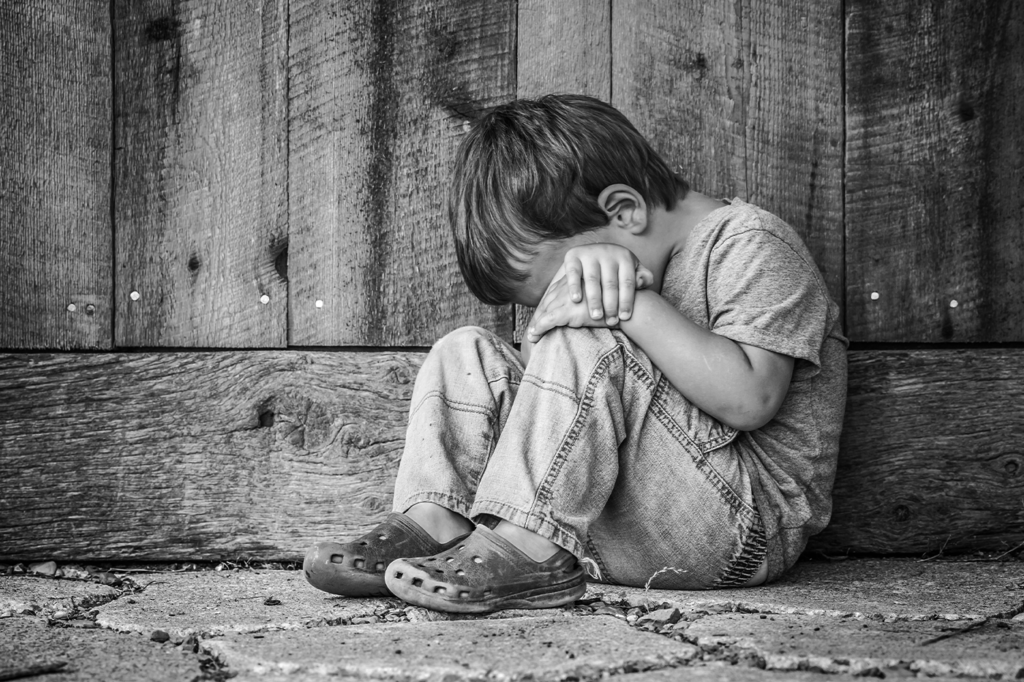I am shocked, outraged and, frankly, also terribly guilt-ridden by the story of the woman who gave birth to the child and then, unable to afford a new life, did not acknowledge it.
The woman lives on the street, has no home, no job, meals are providence or hope, never certainty.
A life of cold, of fear, of hope that cannot go beyond a today that is terribly equal to an endless series of tomorrows of poverty and marginalization.
The fact made headlines. But few, too few, dwelt on a bitter realization of the girl who candidly said that if she had known she was pregnant she would have had an abortion.
The child was smart, he hid. Today he is alive, we are happy about it.
But what we cannot keep silent is the reason why the girl would give up a life: the impossibility of supporting the child, of giving him a decent life.
This story should teach us a few things.
The first is that abortion is anything but a child of freedom. The young woman allegedly would have had an abortion because she could not (read correctly: “could not,” not “would not”) support the child. And I wonder: is this freedom? Or it is a solution forced in some ways by the desperation of poverty. Should we continue to extol the freedom to suppress that baby, or perhaps–with a greater sense of responsibility–try to solve the economic problems that so often command the choice of abortion?
The second: that if the pregnancy is not terminated, the baby is born. This sounds like a trivial statement, but it is not. It is not especially so for those who say “it’s just a fetus, a clump of cells.” Well, let them know that that “clump of cells” is the first step on a path that–if not interrupted–will certainly lead to a life. Certainly. And don’t take refuge in “I don’t care about what happens tomorrow,” because those who don’t love the future don’t love man. Without love for the future, we would not care about so many issues, such as the economy, the environment, etc. Tomorrow, the devotees of the “clump of cells” theory know, belongs to us. And that child who will certainly be born if we do not truncate its path also belongs to us.
The third thing, filled with hope, is that there is always a life alternative to abortion. And it is a wonderful alternative, especially for the child who now lives. The story of the girl and the child teach us that yes, one can be born even in extreme poverty. And that with honest dignity, once life is given, one can step back. Painful, painful, terrible. But still loving toward that very small creature who, let’s be clear, is not at fault and whose life it is not right to deny just because a system cannot economically support its existence.
And if you keep thinking it’s about freedom, well, go ask the little guy.
He cannot speak, but his answer will be clear.
